The views expressed in our content reflect individual perspectives and do not represent the authoritative views of the Baha'i Faith.
The other day a friend of mine asked if she could read some Baha’i books. “Of course,” I said, handing her a few. As she looked through one of them—a magazine-sized booklet of text and photographs called “The Baha’is”—she said “All these indigenous people in these pictures—are they Baha’is, too?”
“Yes, they are,” I told her. She looked through the photographs one by one–Quecha Indians from South America, Apaches from Arizona, Filipino Islanders, Namibian natives, children from the “untouchable” caste in India, Maoris from New Zealand.
“This is amazing,” she said. “What attracts them to the Baha’i Faith?”
That, I thought, is a very good question—so I’ll try to answer it here, on the day many Americans and Native people have begun to celebrate as Indigenous Peoples Day.
First, though, let’s examine the day itself: it started out as a federal American holiday called Columbus Day in 1937, and spread to several other nations. Forty years later, in 1977, at a United Nations International Conference on Discrimination Against Indigenous Populations in the Americas in Geneva, delegates first came up with the idea of establishing a “counter-holiday” to promote the global legacy of indigenous and tribal peoples and their struggles against genocidal colonization.
But Indigenous People’s Day didn’t truly get under way until the United States Congress decided to celebrate its “Quincentennial Jubilee” in San Francisco on Columbus Day in 1992, 500 years after Columbus “discovered” America. Congress decided to mark the day with a flotilla of replicas of Columbus’ ships sailing into San Francisco Bay and “re-enacting” his voyage. (The fact that the reenactment involved the wrong coast didn’t seem to bother them.)
As a reaction to the official celebration of Columbus Day, delegates to the original UN Conference then decided to form the Bay Area Indian Alliance, with the express purpose of educating people around the world about the history of the brutal colonization, conquering, forced assimilation and mass genocide of indigenous peoples. Formally declared Indigenous Peoples Day in 1992 by the City Council of Berkeley, California, the holiday has now begun to spread to many other cities, states and nations.
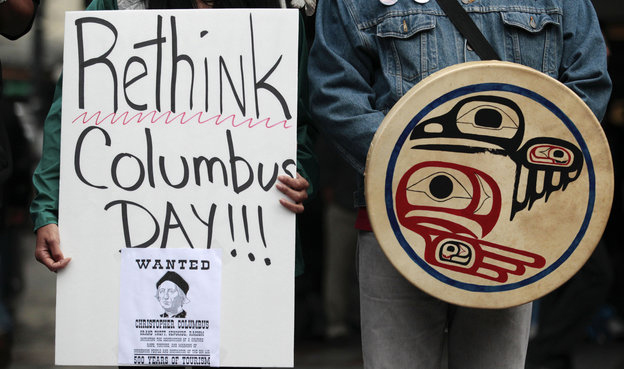
After a recent decision from Seattle’s City Council, Colombus Day was replaced with Indigenous People’s Day on the calendar
Two years later, in 1994, the United Nations established August 9th as International Day of the World’s Indigenous People, purposely putting it on the calendar two months before Columbus Day in order not to offend member nations like the United States and Italy.
Whenever you celebrate the day, it’s worth remembering that indigenous people have suffered enormously, and still suffer, as industrialized nations and their militaries have stolen their land, enslaved and slaughtered their populations and attempted to suppress and eliminate their cultural and religious beliefs. Many indigenous civilizations, branded as “savages” and considered less than human and therefore lacking souls by their conquerors, witnessed the mass extermination of their entire way of life as invaders from foreign lands took over. If you can imagine that happening to you and your family and your way of life, you can begin to see why it’s important to observe Indigenous Peoples Day.
So back to my friend’s question: the Baha’i teachings have attracted a remarkable number and variety of indigenous peoples —with Baha’is originating from more than 2100 different ethnic, racial and tribal groups. Baha’i communities around the world have welcomed so many indigenous people for a whole host of reasons. I’ll mention just a few:
The Baha’i writings attach great importance to the indigenous peoples of the world;
Baha’is respect and admire the ancient traditions of the world’s indigenous groups, and don’t proselytize the Baha’i message or forcibly “convert” anyone;
And maybe most importantly, the Baha’i teachings do not ask indigenous Baha’is to reject their traditional religious and cultural heritage—instead, the Baha’i Faith acknowledges, upholds and honors the legitimacy and beauty of that heritage.
So I told my friend that native peoples from ancient cultures all over the globe have recognized and accepted the message of Baha’u’llah because it resonates with their experience and traditions. When she asked how that happened, I showed her this quote:
It is a great mistake to believe that because people are illiterate or live primitive lives, they are lacking in either intelligence or sensibility. On the contrary, they may well look on us, with the evils of our civilization, with its moral corruption, its ruinous wars, its hypocrisy and conceit, as people who merit watching with both suspicion and contempt. We should meet them as equals, well-wishers, people who admire and respect their ancient descent and who feel that they will be interested, as we are, in a living religion… – Shoghi Effendi, Raising the Divine Call, p. 31.


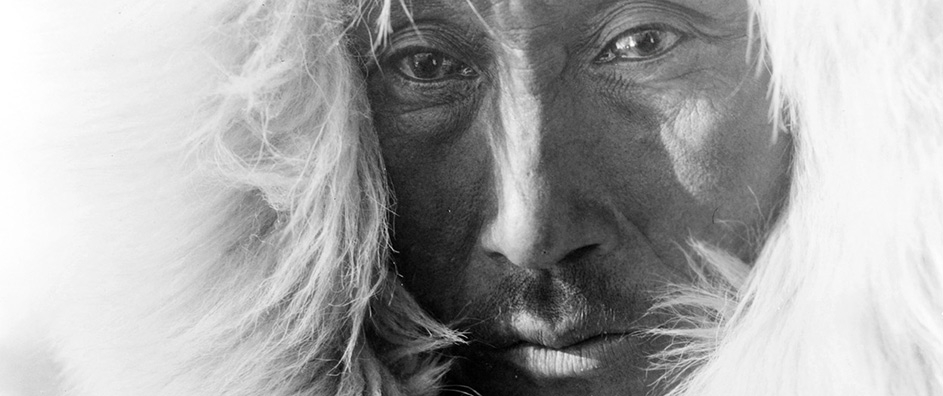

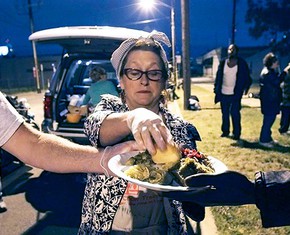
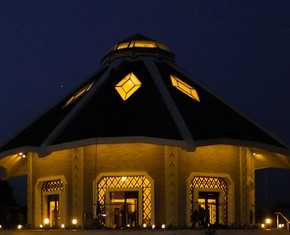
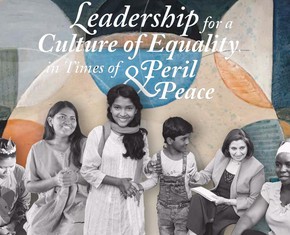









Comments
Sign in or create an account
Continue with Googleor